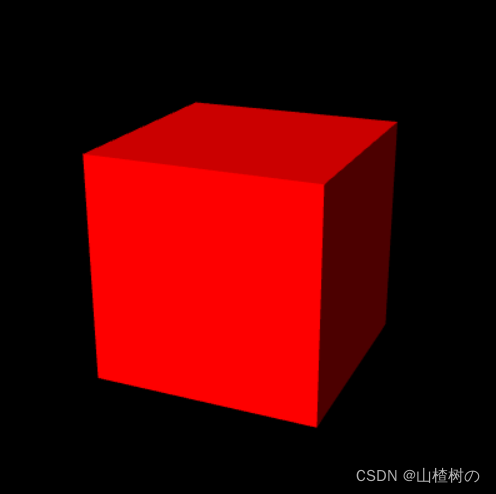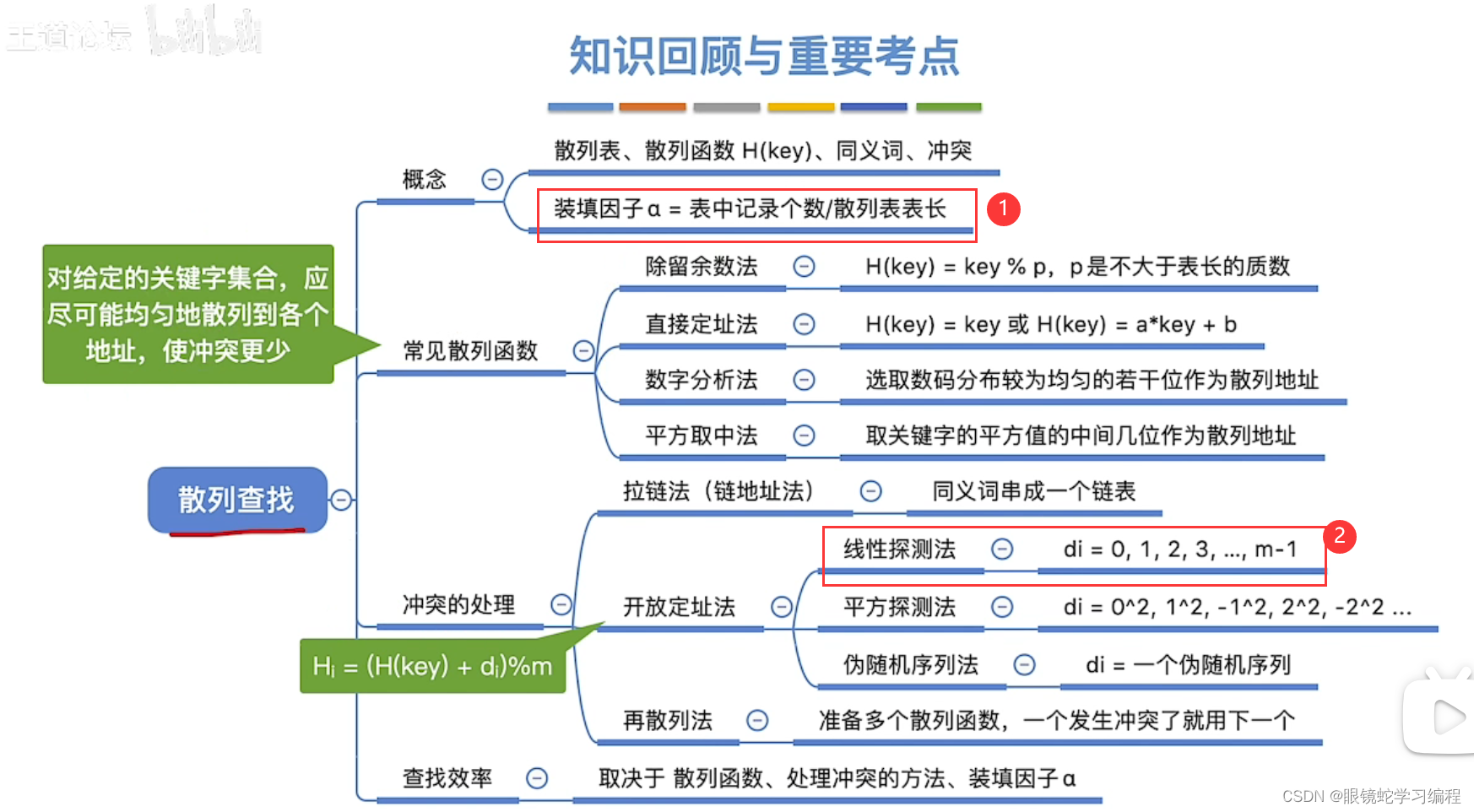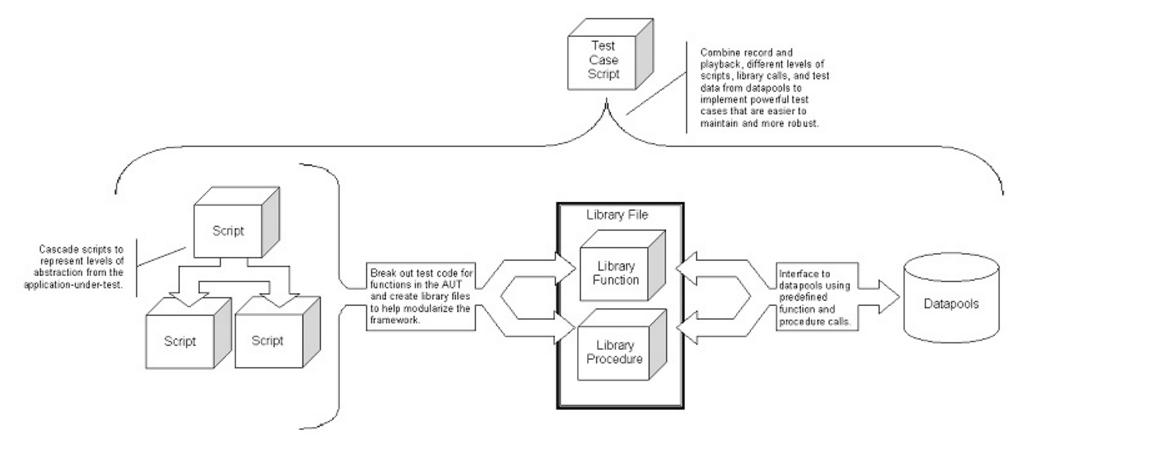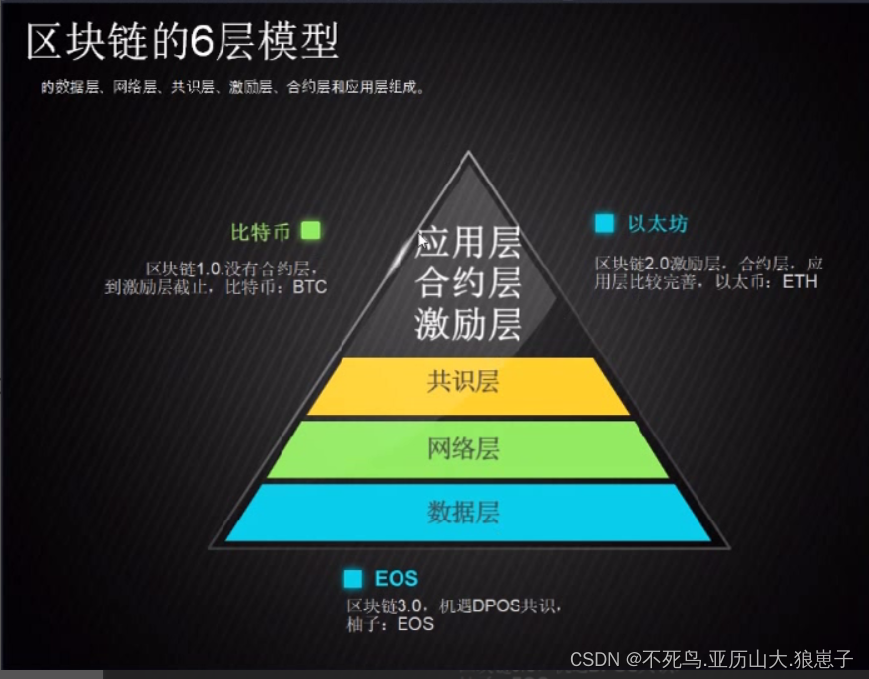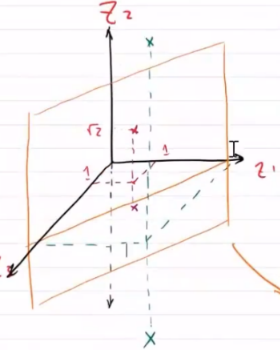欢迎关注更多精彩
关注我,学习常用算法与数据结构,一题多解,降维打击。
皮克定理
皮克定理:皮克定理是指一个计算所有顶点坐标为整数的多边形面积公。该公式可以表示为S=a+b÷2-1,其中a表示多边形内部的坐标为整数的点数,b表示多边形边上且坐标为整数的点数,S表示多边形的面积。
举个简单的例子。
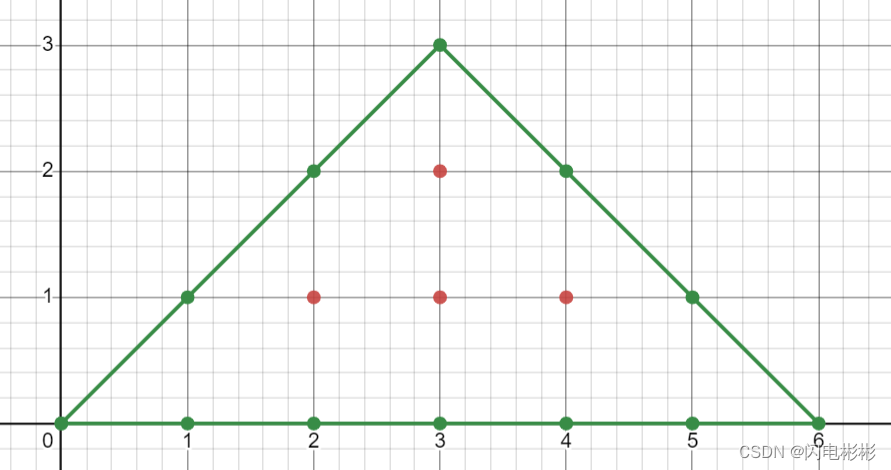
上图中,边上的整格点数量b=12, 内部点数量a = 4
那么三角形面积S = 4+12/2-1 = 9
多边形面积算法
对于多边,可以任选一个点O,然后把多边形顶点按照逆时针排序,遍历所有点和后一个点与O连成一个三角形,计算出所有三角形面积,并求和即可。
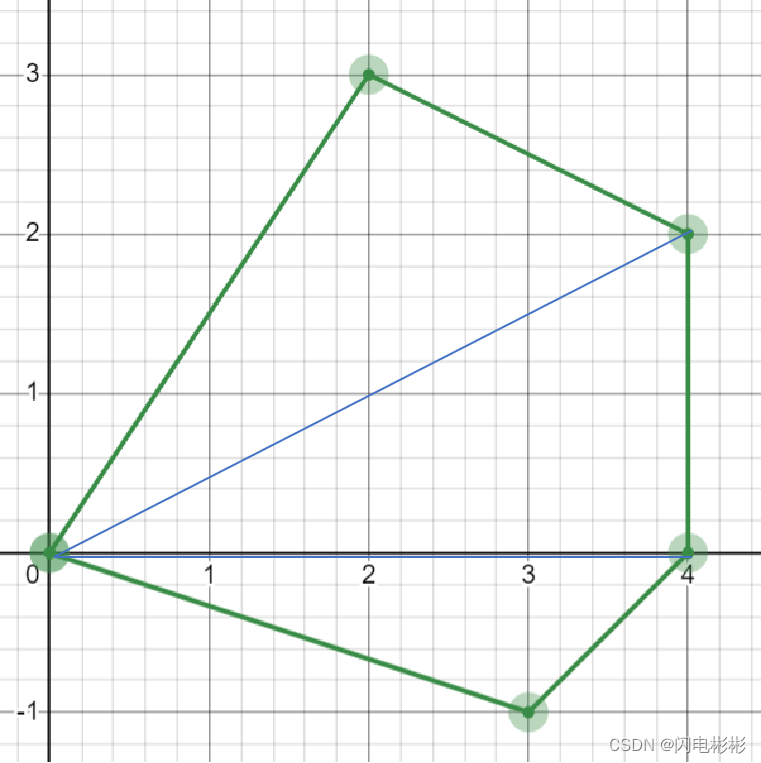
如上图所示,绿线为多边形,通过分割成多个三角形来计算面积。
计算面积时利用向量叉乘即可。
这个算法对于非凸多边形也适用。
面积公式应用
http://poj.org/problem?id=1654
题目大意
一个多边形起点从0点出发,每次沿8个方向中的1个方向,行走不超过1个格子。求最后合围区域面积。
代码
需要用c++提交
需要用c++提交
需要用c++提交
#include<stdio.h>
#include<cmath>
#include <algorithm>
#include <vector>
using namespace std;
int gcd(int a, int b) {
if (a < 0 || b < 0)return gcd(abs(a), abs(b));
if (a > b)return gcd(b, a);
if (a == 0)return b;
return gcd(b % a, a);
}
typedef long long lld;
int dir[10][2] = {
{-1,-1},
{0,-1},
{1,-1},
{-1,0},
{0,0},
{1,0},
{-1,1},
{0,1},
{1,1},
};
// 2A = 2s+p-2
char str[1000000 + 10];
void solve() {
int T;
scanf("%d", &T);
while (T--) {
scanf("%s", str);
pair<lld, lld> pre(0, 0), now;
lld area = 0;
for (int i = 0; str[i] != '5'; ++i) {
int d = str[i] - '1';
now.first = pre.first + dir[d][0];
now.second = pre.second+ dir[d][1];
area += pre.first * now.second - pre.second * now.first;
pre = now;
}
if(area<0)area = -(area);
printf("%lld",area/2);
if (area & 1) {
printf(".5");
}
puts("");
}
}
int main() {
solve();
return 0;
}
皮克定理应用一
http://poj.org/problem?id=2954
题目大意
给定1个三角形,顶点都是整数,求内部整数点数量。
思路
通过顶点求出面积。
三条边的坐标,可以求出3条边经过整点的数量。
利用公式即可求出内部点。
代码
需要用c++提交
需要用c++提交
需要用c++提交
#include<stdio.h>
#include<cmath>
#include <algorithm>
#include <vector>
using namespace std;
int gcd(int a, int b) {
if (a < 0 || b < 0)return gcd(abs(a), abs(b));
if (a > b)return gcd(b, a);
if (a == 0)return b;
return gcd(b % a, a);
}
// 2A = 2s+p-2
void solve() {
int x1, y1, x2, y2, x3, y3;
while(scanf("%d%d%d%d%d%d", &x1, &y1, &x2, &y2, &x3, &y3) != EOF) {
if (x1 == 0 && x2 == 0 && x3 == 0 && y1 == 0 && y2 == 0 && y3 == 0)break;
int edgePoints = 0;
pair<int, int>p0(x2 - x1, y2 - y1);
pair<int, int>p1(x3 - x2, y3 - y2);
pair<int, int>p2(x1 - x3, y1 - y3);
int area = abs(p0.first*p1.second - p0.second*p1.first);
edgePoints += gcd(p0.first, p0.second);
edgePoints += gcd(p1.first, p1.second);
edgePoints += gcd(p2.first, p2.second);
int innerPoint = (area - edgePoints) / 2 +1;
printf("%d\n", innerPoint);
}
}
int main() {
solve();
return 0;
}
皮克定理应用二
http://poj.org/problem?id=1265
题目大意
给定机器人每次行走的向量,求最后合围区域的内部点,边界点,和面积。
思路
通过顶点求出面积。
每条边上的顶点可以单独求出。
利用公式即可求出内部点。
代码
需要用c++提交
需要用c++提交
需要用c++提交
#include<stdio.h>
#include<cmath>
#include <algorithm>
#include <vector>
using namespace std;
int gcd(int a, int b) {
if (a < 0 || b<0)return gcd(abs(a), abs(b));
if (a > b)return gcd(b, a);
if (a == 0)return b;
return gcd(b % a, a);
}
// 2A = 2s+p-2
void solve() {
int T;
scanf("%d", &T);
int N;
for (int k = 1; k <= T;++k) {
scanf("%d", &N);
int edgePoints = 0;
pair<int, int> p0(0,0);
pair<int, int> pre=p0, now;
int area = 0;
for (int i = 0; i < N; ++i) {
scanf("%d %d", &now.first, &now.second);
edgePoints += gcd(now.first, now.second);
now.first += pre.first;
now.second += pre.second;
area += pre.first * now.second - pre.second * now.first;
pre = now;
}
area = abs(area);
int innerPoint = (area + 2 - edgePoints) / 2;
printf("Scenario #%d:\n", k);
printf("%d %d %.1f\n\n", innerPoint, edgePoints, area*1.0/2);
}
}
int main() {
solve();
return 0;
}
/*
2
4
1 0
0 1
-1 0
0 -1
7
5 0
1 3
-2 2
-1 0
0 -3
-3 1
0 -3
*/
本人码农,希望通过自己的分享,让大家更容易学懂计算机知识。







